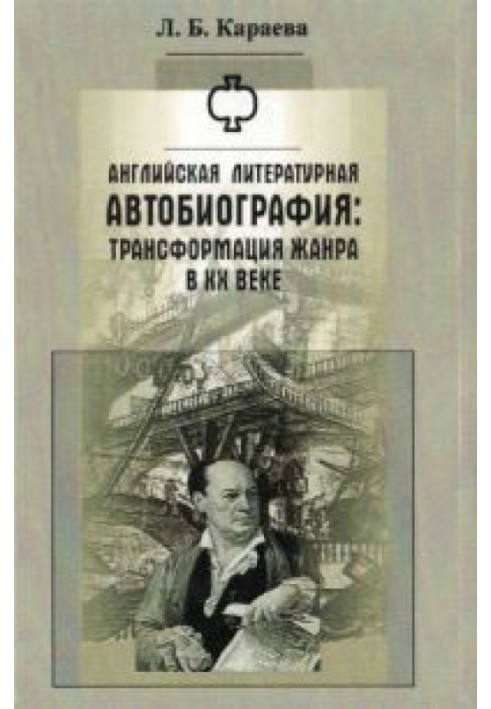English literary autobiography: Transformation of the genre in the 20th century
 Instant download
Instant download
after payment (24/7)
 Wide range of formats
Wide range of formats
(for all gadgets)
 Full book
Full book
(including for Apple and Android)
The monograph, for the first time in Russian English studies, examines the genre of English literary autobiography of the 20th century in its culminating moments, in relation to the historically established autobiographical canon. Its transformation into a meta-genre by the end of the 20th century is traced. Literary autobiography is presented as a multifunctional, soteriological genre that incorporates religious, apologetic, didactic, psychotherapeutic functions and exhibits the features of “new humanism.” Table of contents Chapter I. English literary autobiography: from the 19th century to the 20th century1. Romantic autobiography: “Confessions of an Englishman who used opium” by Thomas de Quincey2. Completing the Catholic Tradition of Spiritual Autobiography: John Henry Newman's Apologia pro Vita Sua3. Summary of Victorian literary autobiography: Anthony Trollope's Autobiophy Chapter II. English literary autobiography of the first half of the 20th century1. Genre shift at the turn of the century: Edmund Gosse's autobiography Father and Son2. Psychoanalytic autobiography of Robert Graves, “A Goodbye to It All.”3. "An Essay on Autobiography" by H.G. Wells as a Social Study4. The mythological "autobiography" of John Cowper PowisChapter III. English autobiography of the second half of the 20th century1. Autobiography of Kathleen Raine: a syncretic model of automyth2. Postmodern autobiography: the path of the Sufi in the autobiography of Doris Lessing3. A New Frontier: Autobiography-Hypertext by Martin Amis
Data sheet
- Name of the Author
- Лейля Караева Басхануковна
- Language
- Russian












